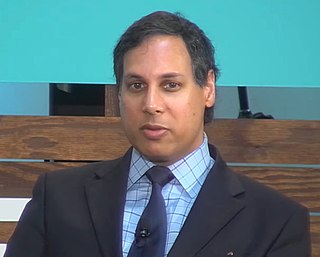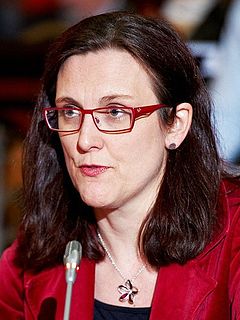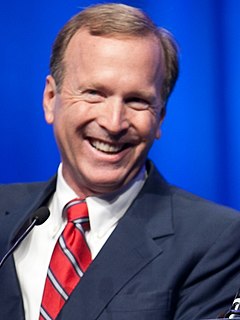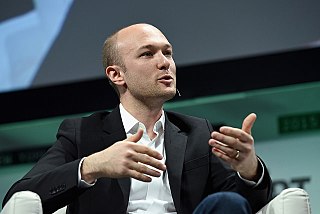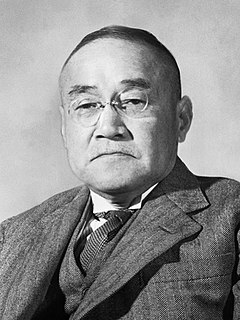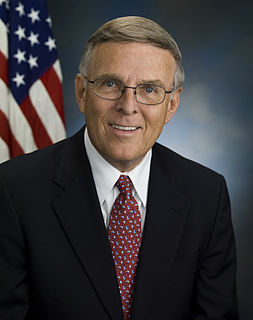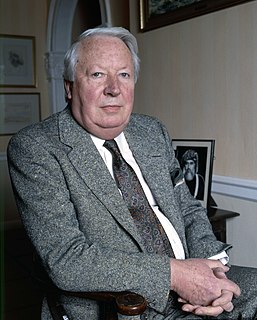Top 1200 International Trade Quotes & Sayings - Page 2
Explore popular International Trade quotes.
Last updated on November 23, 2024.
The Transatlantic and Transpacific Trade and Investment Partnerships have nothing to do with free trade. 'Free trade' is used as a disguise to hide the power these agreements give to corporations to use lawsuits to overturn sovereign laws of nations that regulate pollution, food safety, GMOs, and minimum wages.
We are already well down the road toward a managed-trade regime. It would be far better to acknowledge that reality, and seek a set of reasonable rules, than to pretend that Ricardian trade is the norm and allow mercantilist states to overwhelm U.S. industry and ratchet down wages, in the name of free trade.
As an economist specializing in the global economy, international trade and debt, I have spent most of my career helping others make big decisions - prime ministers, presidents and chief executives - and so I'm all too aware of the risks and dangers of poor choices in the public as well as the private sphere.
Migration is an opportunity, not a problem. And in the sense that it is an opportunity, it goes on to a bilateral agreement, between Mexico and the US, the US and the Dominican Republic, whatever you wish, and it has to be a multilateral, international event. I am in favor of an international union of migrant workers that really takes on the problems that affect Europe, with the migrants coming from Africa, and the US with the migrants coming from Latin America. It has to be considered an international question, with international solutions, and with no problems national or international.











